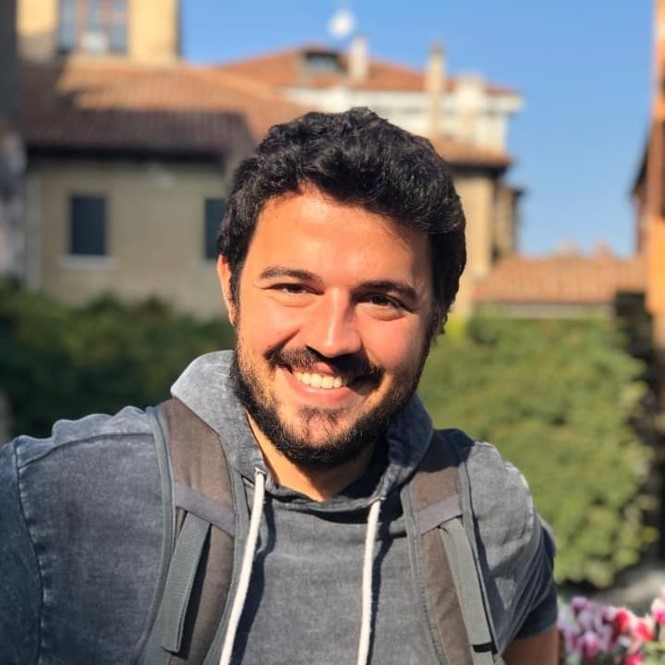Pietro Mendonca de Santis Sica

Personal Bio
Where do you call home Pietro? Can you describe it?
I was born and grew up in Guarani, a small town in the Brazilian countryside. Although I left home when I was 13 and have not been there in three years I still call it home. It is a small town, calm and perfect for being away from the world. Also, it is where my family and most of my friends are, it is always nice to get together and remember stories from when we were kids.
What are some of your personal interests and hobbies?
I am a big football fan, so I am always meeting with friends to have a beer and enjoy good games. Recently I started to go fishing, but I am still not good on it.
What is your biggest personal achievement so far?
I started doing research in my first year in college and I was fascinated on how my work could impact people’s life. I think that to work with something I am passionate about and that gave me the change to visit and live in different countries and meet people from all over the world is my biggest personal achievement so far.
Research Project
What is the title of your PhD project? Can you explain it to a non-academic?
The title of my research project is “Optimizing use and application of waste and bio-based fertilizers – plant and rhizosphere responses to fertilizer placement”. I think that the simplest way to explain it is that we want to make biowastes a better fertilizer by applying it localized into the soil. For that, some of these biomaterials may need to pass through some treatments before application, in order to supply the plant nutritional demand. Thus, we aim to better understand the effect of different treatments on different biomaterials and how it could increased the efficiency of the localized application of bio-based fertilizers.
What drives your interest in bio-based fertilisers?
I believe that in order to have a more sustainable development, we must increasingly follow the 3Rs: reduce, reuse, and recycle. Transforming biowastes into bio based fertilizers is an efficient way to reduce the dependency of mineral fertilizers and reuse and recycle materials in a better way.
The International Training Network and Marie Curie Program
Describe your experience with the FertiCycle ITN so far?
My experience with the FertiCycle could not be better. We are an amazing group of 15 young and motivated researchers with similar interests, however, from completely different background. We also have a group of senior researchers reference in their areas that are we know we can count on them anytime we have a question or need some help.
What would you say are the benefits of the Marie Sklodowska-Curie Doctoral Fellowship?
I got to know about the MSCA during the application process and I was not expecting to have this big network during my PhD. I think that the PhD program under Marie Sklodowska-Curie was prepared to stimulate the ESRs to get the best out of our 3-year period.
How has the experience traveling abroad for this program been for you?
I was already living abroad before starting my PhD at UCPH. I must admit that I had a lot of uncertainties due to the Covid-19, but my professors, the university staff and the FertiCycle gave me a lot of support. So far, I am enjoying living in Denmark and the experience of being part of the FertiCycle. I am looking forward to our first in person meeting.
